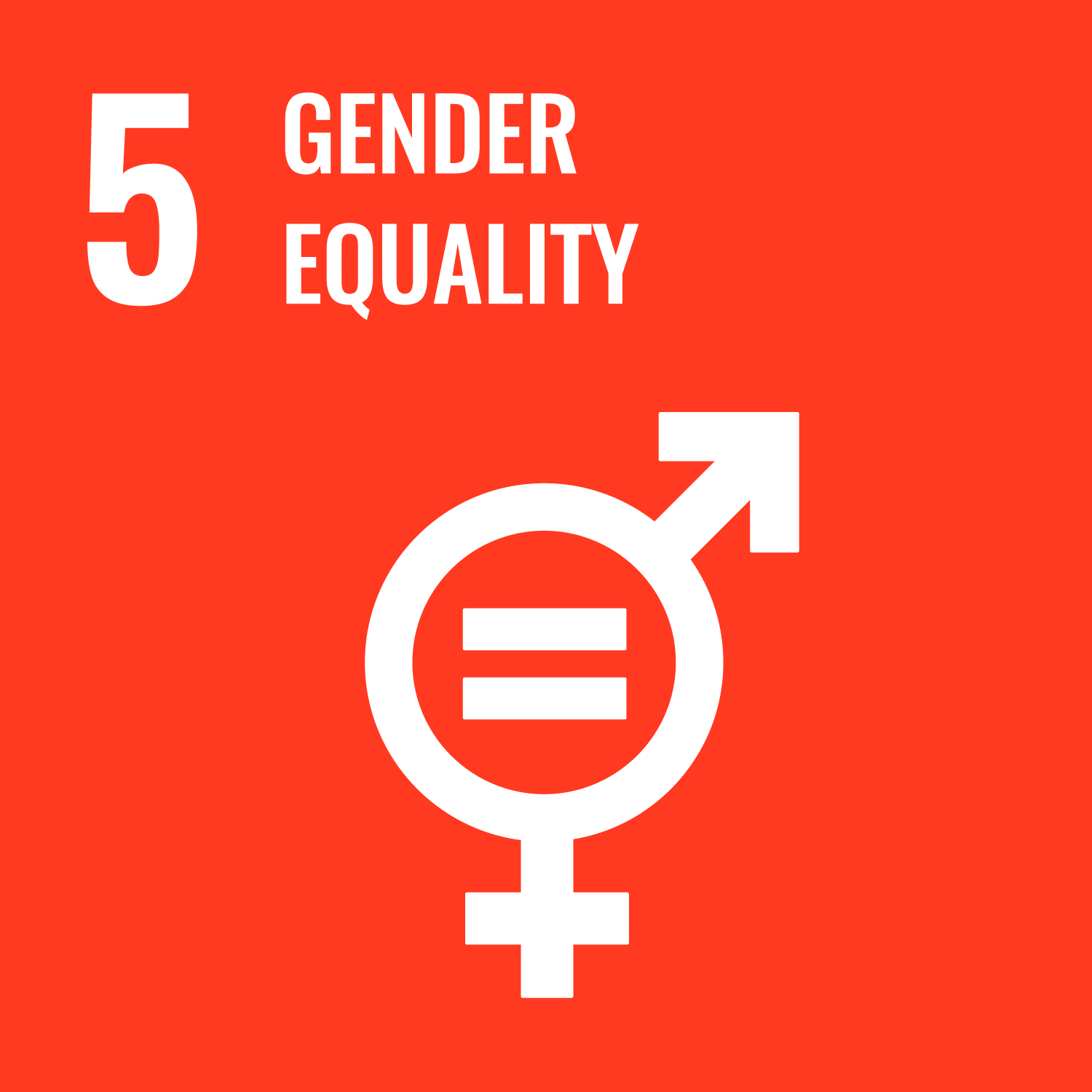ORCID
- Liam Cross: 0000-0002-5122-1650
- Gray Atherton: 0000-0002-3954-9127
Abstract
This research explored how gender portrayals in video games affect gender-related attitudes. Two hundred participants from the United Kingdom and Malaysia participated across three experiments, where the appearance and behaviour of video game characters were manipulated with regard to target (enemy) gender (Study 1), sexually explicit attire (Study 2) and level of character agency (Study 3). We found minimal evidence that exposure to gender-stereotyped content resulted in differential gender-related attitudes (implicit associations, hostile and benevolent sexism, or rape myth acceptance). However, Study 1 findings showed that individuals who played a first-person shooter with male enemies showed lower endorsement of some (benevolent) sexist attitudes (cf. control) and showed difference in game behaviour (cf. female enemies). Together, our results suggest that short-term exposure to video games containing female characters (sexualised, passive, or otherwise) does not consistently lead to the endorsement of negative gender attitudes.
DOI Link
Publication Date
2024-01-01
Publication Title
New Media and Society
Volume
26
Issue
3
ISSN
1461-4448
Deposit Date
2024-08-06
Additional Links
Keywords
Attitudes, gender, sexism, stereotyping, video games
First Page
1648
Last Page
1669
Recommended Citation
Cross, L., Kaye, L., Savostijanovs, J., McLatchie, N., Johnston, M., Whiteman, L., Mooney, R., & Atherton, G. (2024) 'Gendered violence and sexualized representations in video games: (Lack of) effect on gender-related attitudes', New Media and Society, 26(3), pp. 1648-1669. Available at: 10.1177/14614448221075736



